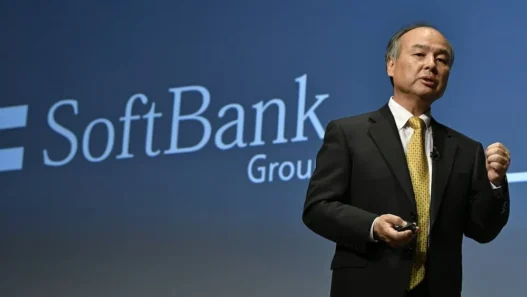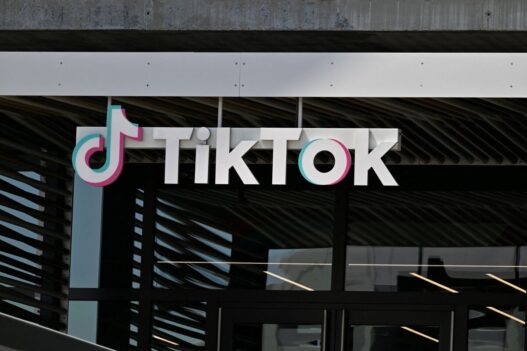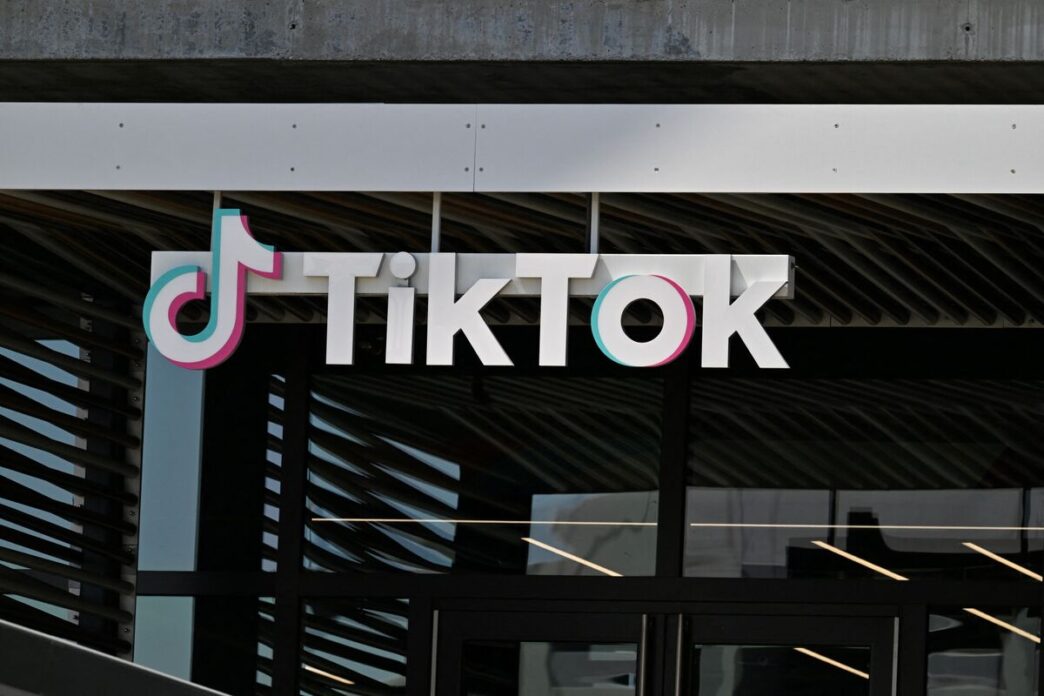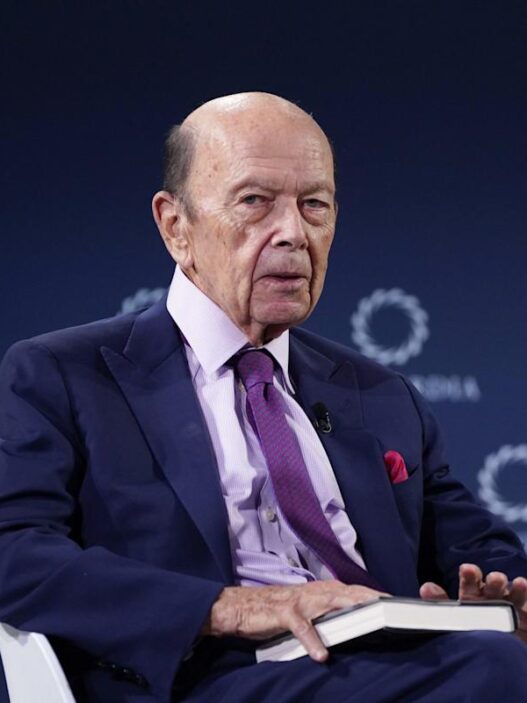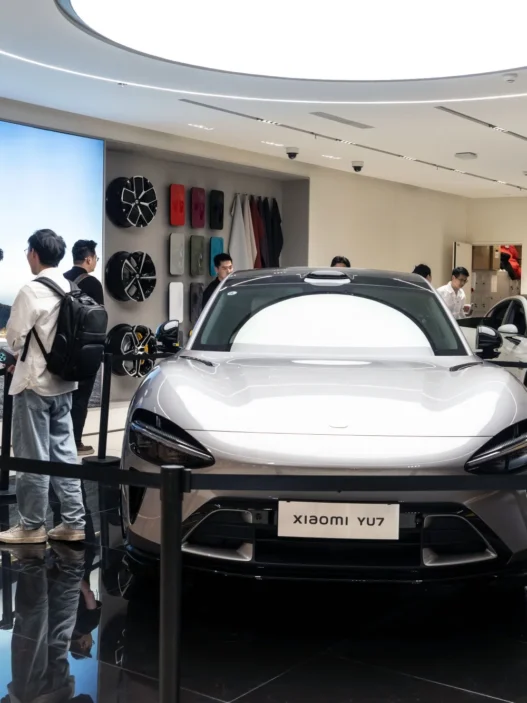China has announced that it is prepared to work with the United States to resolve concerns over TikTok, the globally popular short-video platform owned by Beijing-based ByteDance. The statement comes amid mounting pressure from U.S. regulators and lawmakers, who have expressed national security concerns over the app’s data practices and potential access to American user information.
The development could mark a significant step toward diplomatic and regulatory cooperation, potentially easing a longstanding point of friction between the world’s two largest economies.
Background: TikTok Under Scrutiny
TikTok, which has amassed over 1.5 billion users worldwide, has been under intense scrutiny in the United States for several years. Key concerns include:
- Data privacy: Critics argue that TikTok collects sensitive user information that could be accessed by the Chinese government.
- Content moderation: Questions have been raised about algorithmic bias, censorship, and the potential influence of foreign entities on U.S. users.
- National security: Lawmakers and officials fear that ByteDance’s ties to China could allow for state surveillance or manipulation through the app.
In response, the U.S. government has proposed measures ranging from data localization requirements to partial ownership divestment and even potential bans in federal agencies.
China’s Commitment to Cooperation
In a statement released by the Ministry of Commerce, Chinese authorities emphasized that they are willing to engage with U.S. counterparts to address regulatory concerns, ensure data security, and maintain a stable business environment for ByteDance.
“We are committed to working with the United States in a constructive manner to ensure that issues surrounding TikTok can be resolved appropriately, balancing regulatory requirements and business operations,” the ministry said.
This marks a notable shift from previous rhetoric, which had emphasized sovereignty and non-interference in domestic companies’ operations abroad. Analysts see the move as a sign that China is willing to engage in pragmatic negotiations to avoid escalation.
U.S. Response and Ongoing Negotiations
U.S. officials, including representatives from the Department of Commerce and Federal Trade Commission, have been in discussions with ByteDance for months regarding data storage and security measures. These negotiations focus on:
- Data localization: Ensuring U.S. user data is stored and controlled domestically.
- Third-party oversight: Implementing auditing systems to prevent unauthorized data transfer to China.
- Corporate governance changes: Adjusting ByteDance’s ownership structure or operational oversight to address national security concerns.
While U.S. authorities have not formally indicated that a full resolution is imminent, China’s statement is being interpreted as a signal of potential compromise, which could reduce tensions and prevent more extreme measures such as a full government ban.
Economic and Market Implications
TikTok is a major player in the global social media and digital advertising market, contributing billions of dollars in revenue and creating millions of jobs globally.
- Digital economy impact: A prolonged U.S.–China conflict over TikTok could disrupt advertising revenues and investment in the tech sector.
- Investor confidence: Clarification from Beijing and potential agreement with Washington could stabilize market sentiment and encourage investment in cross-border tech ventures.
- Global tech diplomacy: Resolving TikTok issues could serve as a precedent for cooperation on other Chinese tech firms operating internationally, including Bytedance’s other platforms or companies like Huawei and Tencent.
Geopolitical Context
The TikTok dispute is part of a broader landscape of U.S.–China tech tensions, which include disputes over:
- Semiconductor exports and technology transfer.
- Data privacy and cloud computing regulations.
- National security concerns related to AI, 5G networks, and sensitive infrastructure.
By signaling willingness to collaborate on TikTok, China may be attempting to reduce one flashpoint while maintaining leverage in larger technology negotiations with the United States.
Challenges Ahead
Despite the promise of cooperation, several challenges remain:
- Trust deficit: U.S. officials remain wary of China’s intentions, and oversight mechanisms will be scrutinized closely.
- Implementation: Translating statements of intent into enforceable agreements, including legal and operational measures, is complex.
- Political pressures: TikTok remains a politically sensitive issue in Washington, and any compromise will face scrutiny from Congress and state-level regulators.
Additionally, public opinion on both sides could affect negotiations, as TikTok has a large user base that is highly sensitive to privacy and content issues.
Expert Analysis
Tech and policy experts view China’s statement as a positive but cautious signal:
- Optimistic perspective: A negotiated solution could prevent a full-scale regulatory clash, preserving business continuity and supporting international tech cooperation.
- Skeptical perspective: Analysts warn that previous attempts at compromise have faltered, and progress depends on enforceable measures rather than political statements.
“This is a step in the right direction, but the real test will be in the implementation of safeguards and structural changes,” said a cybersecurity analyst based in Washington, D.C.
Outlook
The coming months will be critical for TikTok and U.S.–China tech relations. Key developments to watch include:
- Data security audits and oversight plans implemented by ByteDance.
- Regulatory approvals or agreements from U.S. authorities that satisfy national security concerns.
- Statements from both governments regarding broader technology cooperation or conflict resolution.
If successful, this collaboration could serve as a model for future U.S.–China negotiations on tech and data, potentially reducing tensions in an otherwise high-stakes geopolitical landscape.
Conclusion
China’s pledge to work with the United States on TikTok represents a potential turning point in tech diplomacy, signaling a willingness to engage constructively on one of the most high-profile disputes between the two countries.
While many challenges remain, including trust issues and political pressures, the move opens the door for a negotiated solution that balances security, economic interests, and user privacy. For TikTok, it could mean continued access to the U.S. market and a chance to operate under a framework acceptable to both governments — a rare win in a period of heightened U.S.–China technology tensions.






